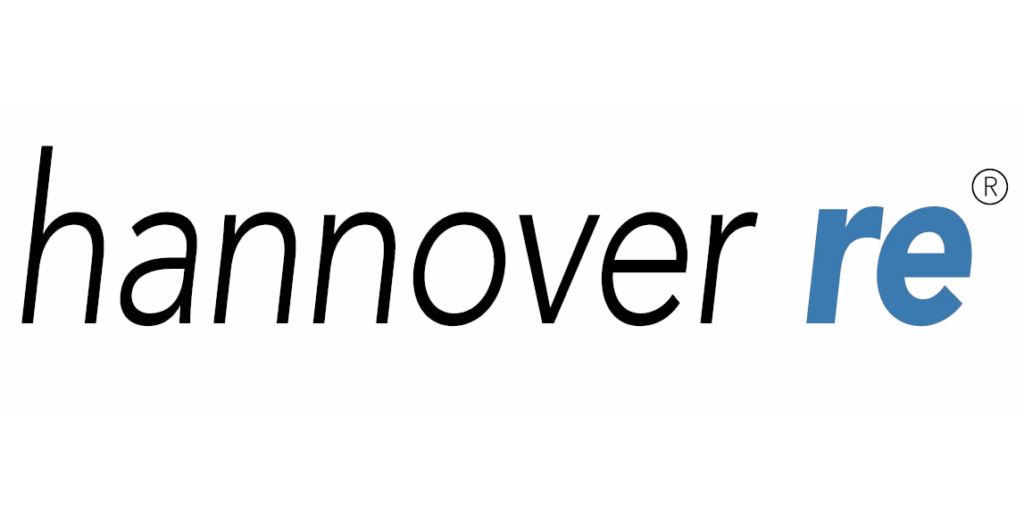Hannover Re shares 94% fewer of its large losses with ILS in 2023

Having shared over one billion Euros of large natural catastrophe and man-made losses with insurance-linked securities (ILS) investors in 2022, last year the figure fell considerably with reinsurance firm Hannover Re only sharing EUR 62 million in losses through fronted ILS arrangements in 2023.
That’s a 94% fall in the amount of losses shared in Euro terms, but the decline in the proportion is even more significant.
In 2022, Hannover Re’s gross large losses from natural catastrophes and man-made events came to EUR 2.944 billion, of which EUR 1.002 billion were shared with the ILS investors the reinsurer works with through its ILS fronting and collateralised reinsurance activities.
So that was 34% of Hannover Re’s large losses shared with ILS investors through fronted and collateralised arrangements in 2022.
In 2023, Hannover Re’s gross large losses from nat cats and man-made events were far lower at EUR 1.97 billion, but with just EUR 62 billion shared with ILS partners, it means the proportion shared was just 3%.
Of course, 2022 saw hurricane Ian causing a significant impact and Hannover Re’s executives had said a year ago that Ian was a driver of a lot of the losses that were passed on to ILS.
But, underlying the way Hannover Re itself has experienced large losses, are of course not just differences in the types of large losses the reinsurer suffered, but also the decline is also likely in part due to the major changes to attachment points that occurred for the 2023 underwriting year.
Interestingly, by the end of the third-quarter of 2023, the amount of large losses that Hannover Re had shared with ILS partners and investors was only EUR 14 million.
So, the majority of the losses came through in the fourth-quarter of the year, which was a heavy period for severe and convective weather losses in the United States, so that could have been a driver for the increase in the final months of last year.
Hannover Re is a major player in insurance-linked securities (ILS) market facilitation, through its fronting for ILS funds and investors, as well as its risk transformation activities in collateralised reinsurance and catastrophe bonds.
These aren’t part of the reinsurers retrocession arrangements, but they do help the company to earn more income from facilitating transactions for the ILS market.






